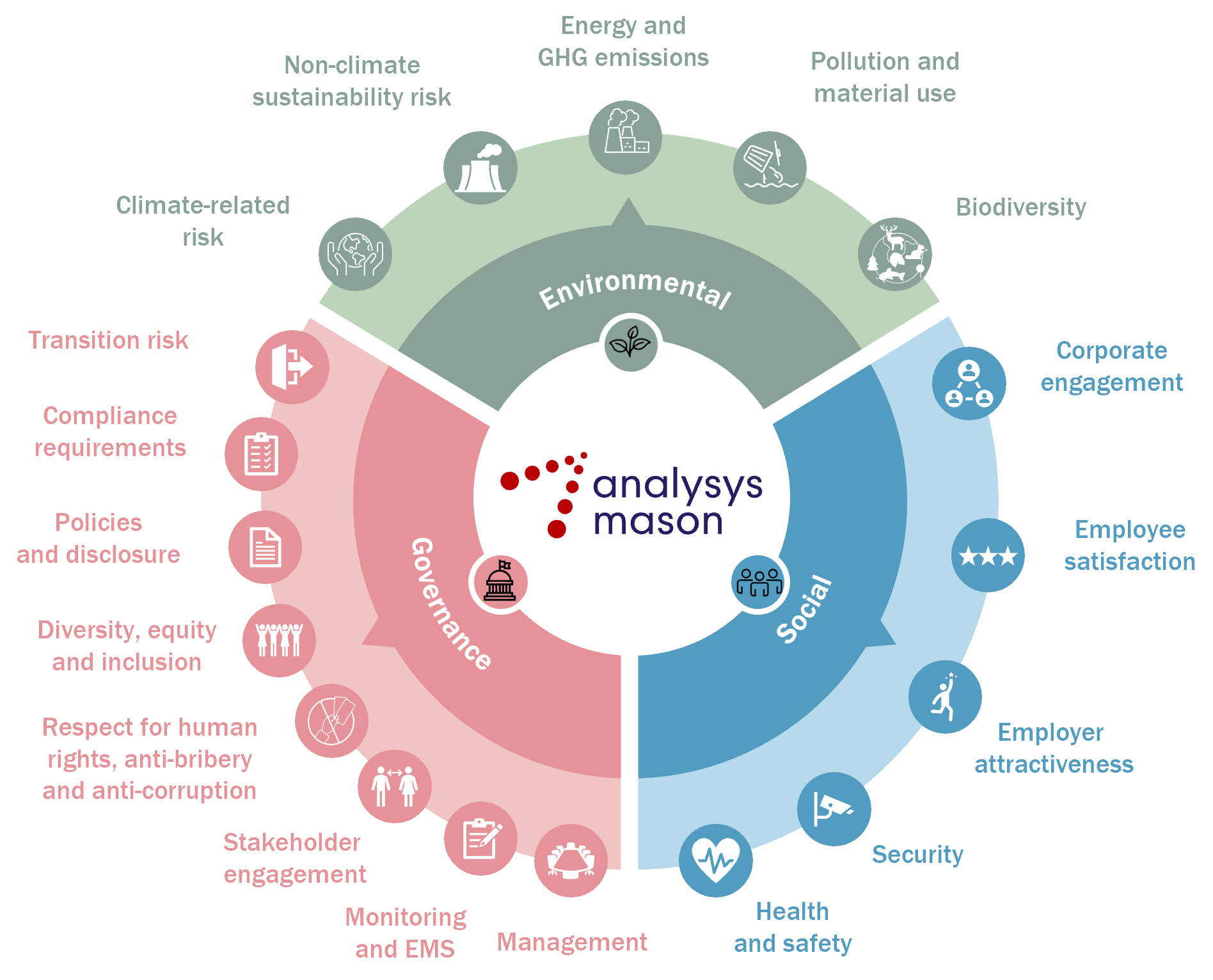Innovative technology and connectivity are key to achieving a sustainable economy. The telecoms, media and technology (TMT) sector can play a decisive role in reducing inequality and tackling climate change while harnessing long-term growth. More immediately, there is an urgent need for the industry to accelerate its own transformation towards sustainability.

Businesses embarking on their sustainability journey should identify where they can have the most significant impact and channel their energy into reaching that goal.
Maria Tunberg, Partner, expert in sustainability
How we support our clients
Our experts know how to turn sustainability into a driver of growth. We are committed to contributing to a sustainable and inclusive world where technology delivers for all.
Strategy
Developing and executing on sustainability strategies
Transaction support
Understanding ESG and sustainability issues for investment decisions
Transformation
Reaching new markets and customers with inclusive digital products and services
Regulation and policy
Developing and reporting on best practice sustainability performance
Our ESG framework for sustainability across the organisation
A proven methodology to help our clients navigate their core challenges

Project experience
Sustainability insights
Watch our ESG webinar
Meet the team

Arun Pai
Principal
Grace Langham
Analyst
Lim Jia Yee
Principal, expert in transaction support and regulation
Maria Tunberg
Partner, expert in sustainability
Richard Morgan
Partner, expert in transaction support
